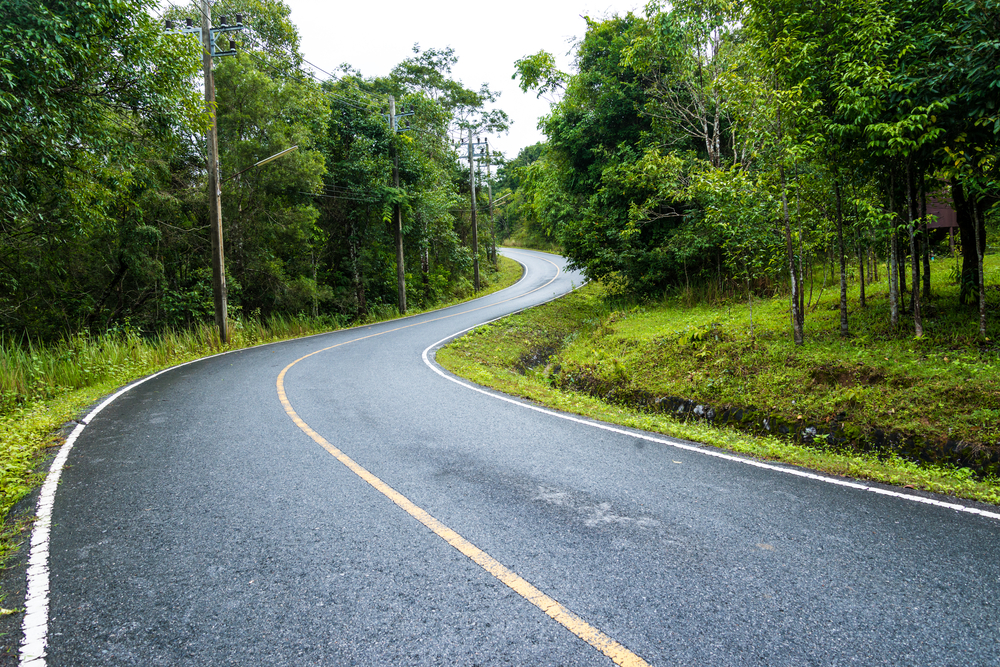Jewish Law
Tefilat HaDerech: The Traveler’s Prayer for Safety and Divine Protection on the Road
The meaning, origin, and laws of the Jewish Traveler’s Prayer, and ancient customs for safe and blessed journeys

The Traveler’s Prayer (Tefilat HaDerech) is a Jewish prayer recited when one embarks on a journey. Its central purpose is to ask God for protection from the dangers and uncertainties that may arise along the way.
The Traveler’s Prayer was instituted during the Talmudic era by Rav Chisda, as stated: “Rav Chisda said: Anyone who goes out on a journey must recite the Traveler’s Prayer.” (Talmud Bavli, Berachot 29b)
Reason and Timing
When a person leaves home or a populated area, they become more vulnerable — distanced from society and potential help. Therefore, the prayer is recited in plural form, as if including others, to merit divine protection through collective prayer.
Tefilat HaDerech is said only when traveling outside settled areas for a distance longer than a parsah (approximately 4 km / 2.5 miles). This applies once the traveler is about 70 cubits (about 35 meters) beyond the town’s limits.
If one is traveling a short or seemingly safe distance, one may still say a shortened version without mentioning God’s Name, since “all roads are considered potentially dangerous.”
The Traveler’s Prayer is recited only once per day. If a person makes multiple trips that day, they should recite it during the first trip while intending it to cover all journeys of that day.
Ideally, one should stop walking, stand, or sit when saying the Traveler’s Prayer. If driving, it’s preferable — when possible, to pull over safely and recite it with concentration. However, if stopping is impractical and the driver can focus while driving, it may be said during the journey. Passengers, on the other hand, may recite it freely while traveling, since they are not distracted by the act of driving (Shulchan Aruch, Orach Chaim 110:4; Mishnah Berurah 23).

Recommended Practices Before Traveling
The Shulchan Aruch lists several commendable actions before setting out on a journey:
Give charity, as it says: “Righteousness will go before him, and will set his steps upon the way.”
Seek a blessing from the community’s leaders or elders for success.
Be accompanied part of the way by friends — a symbolic act of support and honor.
When parting, say “Lech L’Shalom” (“Go to peace”), not “Lech B’Shalom” (“Go in peace”).
David Hamelech said “Lech B’Shalom” to Avshalom, who later died.
Yitro said “Lech L’Shalom” to Moshe, who prospered.
While traveling, engage in Torah study, as it says, “and when you walk on the way.”
Recite Psalms daily during the journey, with humility and devotion.

